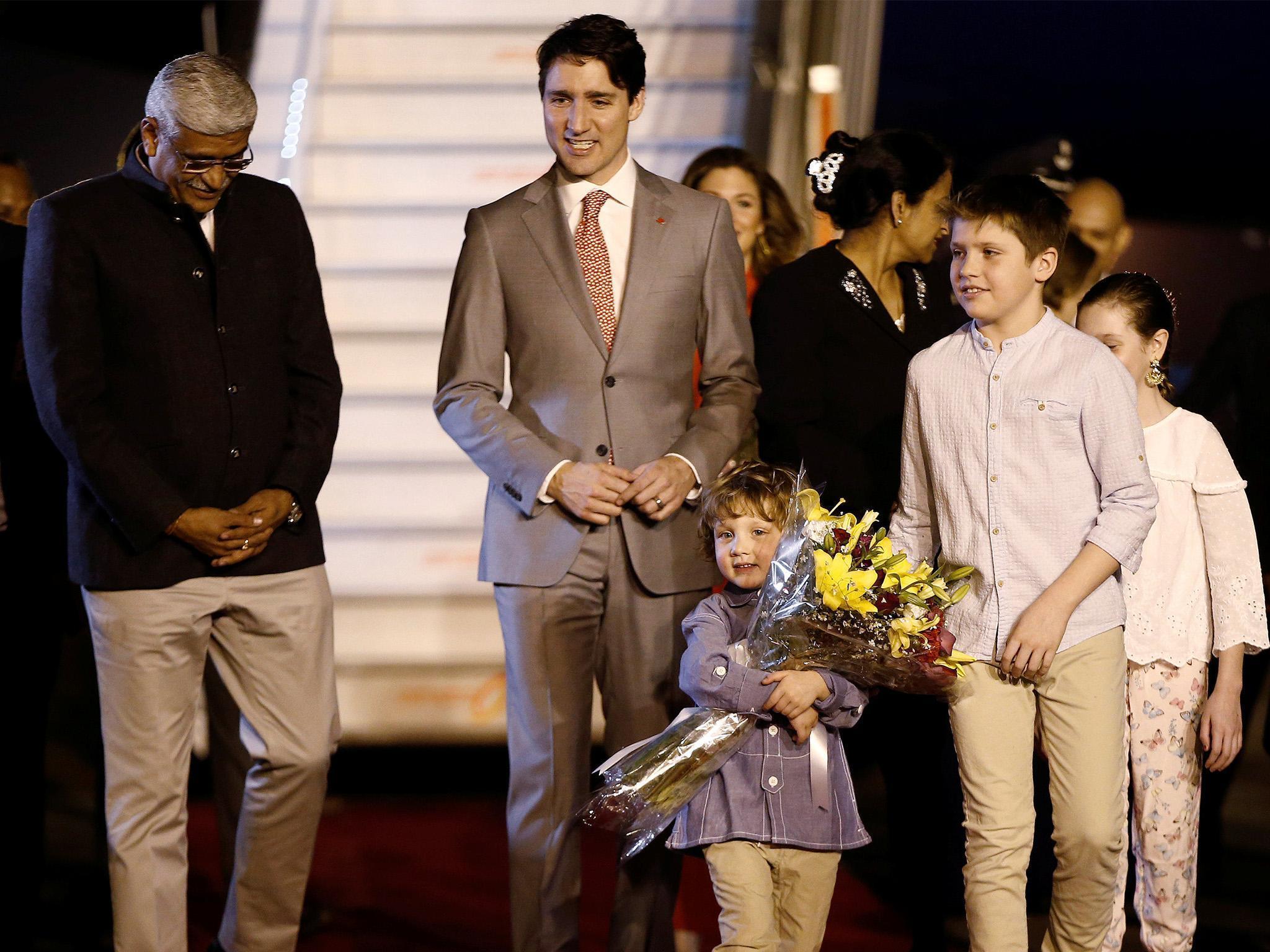India's indifference to the Sikh diaspora is damaging Western foreign policy towards the country
The problem is that the Indian elite sees any demand by Sikhs for justice over the anti-Sikh pogroms in 1984 as a sign of separatism


Your support helps us to tell the story
From reproductive rights to climate change to Big Tech, The Independent is on the ground when the story is developing. Whether it's investigating the financials of Elon Musk's pro-Trump PAC or producing our latest documentary, 'The A Word', which shines a light on the American women fighting for reproductive rights, we know how important it is to parse out the facts from the messaging.
At such a critical moment in US history, we need reporters on the ground. Your donation allows us to keep sending journalists to speak to both sides of the story.
The Independent is trusted by Americans across the entire political spectrum. And unlike many other quality news outlets, we choose not to lock Americans out of our reporting and analysis with paywalls. We believe quality journalism should be available to everyone, paid for by those who can afford it.
Your support makes all the difference.It was meant to be a pleasant diplomatic trip with little on the agenda. A tour, a few photos, trips to the Taj Mahal and the Golden Temple. The usual. But even before Justin Trudeau touched down in India this week, the cold wind had started blowing in. The Prime Minister of India wouldn’t greet him at the airport as he has other leaders. Narendra Modi didn’t even bother sending out a welcoming tweet. Officials denied it but the word “snub” was all over the Indian press.
Why have relations between India and Canada suddenly turned chilly? Blame the Sikh diaspora. The Indian government says it is concerned Trudeau is too close to Sikh separatists and their growing influence poses a threat to India’s unity. A lot of these claims are hyperbole, but they reveal a broader concern among India’s elite.
Their concern is more than just about Canada. What really worries the Indian government is the prospect of Sikhs in Britain, Canada and the US getting into positions of power and challenging the abuse of Sikh civil rights in India. The Indian government mentions the revival of Sikh militancy in India too, but it is highly exaggerated. Among Indian elites there is palpable concern that Western foreign policy towards India will increasingly be shaped by Sikhs willing to challenge its interests. Hence the alarmist talk about Sikh separatism.
India has good reason to worry. Until recently the south Asian giant could broadly count on the West to put trade ahead of human rights.
But the political environment is changing. There are roughly half a million Sikhs in Britain, Canada and the US each. Canadians elected 20 Sikh MPs in 2015, the highest number ever. There are four Sikh cabinet ministers including Defence Minister Harjit Sajjan, and the unofficial leader of the opposition party NDP, Jagmeet Singh, is also a Sikh. In Britain two visibly Sikh MPs were elected just last year and both have embraced Sikh issues with gusto. American Sikhs are a much smaller proportion of the population, but most of them are concentrated in California and many are working to mobilise them too. It’s merely a matter of time before American Sikhs become more politically prominent too.
These elected officials are far from Sikh separatists. Trudeau’s ministers are proud Canadian citizens who serve their own country. None has called for an independent Sikh state, let alone agitated for one. So why the accusations?
Sikh separatists exist; there is little doubt about that. Nor is there any doubt about their antagonism towards India (which I do not share). In recent weeks, over a hundred Sikh gurdwaras in the West have explicitly banned Indian officials on government business, claiming internal interference and citing the arrest of British citizen Jagtar Singh Johal. But the popularity of a Sikh state is much exaggerated, not just by the Indian establishment but separatists themselves.
The problem is this: Indian elite sees any demand by Sikhs for justice over the anti-Sikh pogroms in 1984 as a sign of separatism. Last year Ontario’s state parliament passed a motion describing the events of 1984 as a “genocide” against Sikhs. The Indian media, which largely prefers the term “riots” (as a way to continue the pretence that both Sikhs and Hindus were to blame), cited the motion as proof that Sikh separatism was growing in Canada.
But if raising awareness of human rights abuses is a sign of separatism, India may as well condemn all Sikhs. I have no desire to see an independent Khalistan – the name and the objective of the Sikh nationalist movement. Yet coming from a Sikh family I’m painfully aware of what hundreds of thousands of Sikhs went through in 1984 and afterwards.
The Indian government is shooting itself in the foot. Younger diaspora Sikhs are more attached to their religious identity than their parents and are more willing to speak out. But neither of India’s major parties will openly admit that Sikhs were systematically targeted in 1984, let alone deliver justice 30 years later. They prefer living in denial, thus fanning the flames of anger and giving further ammunition to separatists. If the government went further in assuaging anger over 1984 it would easily undercut the Sikh separatists’ narrative.
Most Sikhs call for a Khalistan not because they want to live in a theocracy but because they want a state where their Sikh brethren are treated equally and with dignity. They want a state that will protect Sikhs, not cover up thousands of extrajudicial killings. Instead India is going in the opposite direction: the rise of the Hindu nationalist Hindutva movement has minorities more concerned about their safety than ever before.
Justin Trudeau won’t leave India feeling dejected or snubbed – au contraire, his main aim was to learn more about the background of Canadian Sikhs. The rise of Jagmeet Singh is a bigger concern for the Canadian PM than the Indian media. Instead it is India that has lost out from this cackhanded diplomacy. It could have used this opportunity to mend fences with Sikhs and grow trade with Canada but it has done neither.
Join our commenting forum
Join thought-provoking conversations, follow other Independent readers and see their replies
Comments